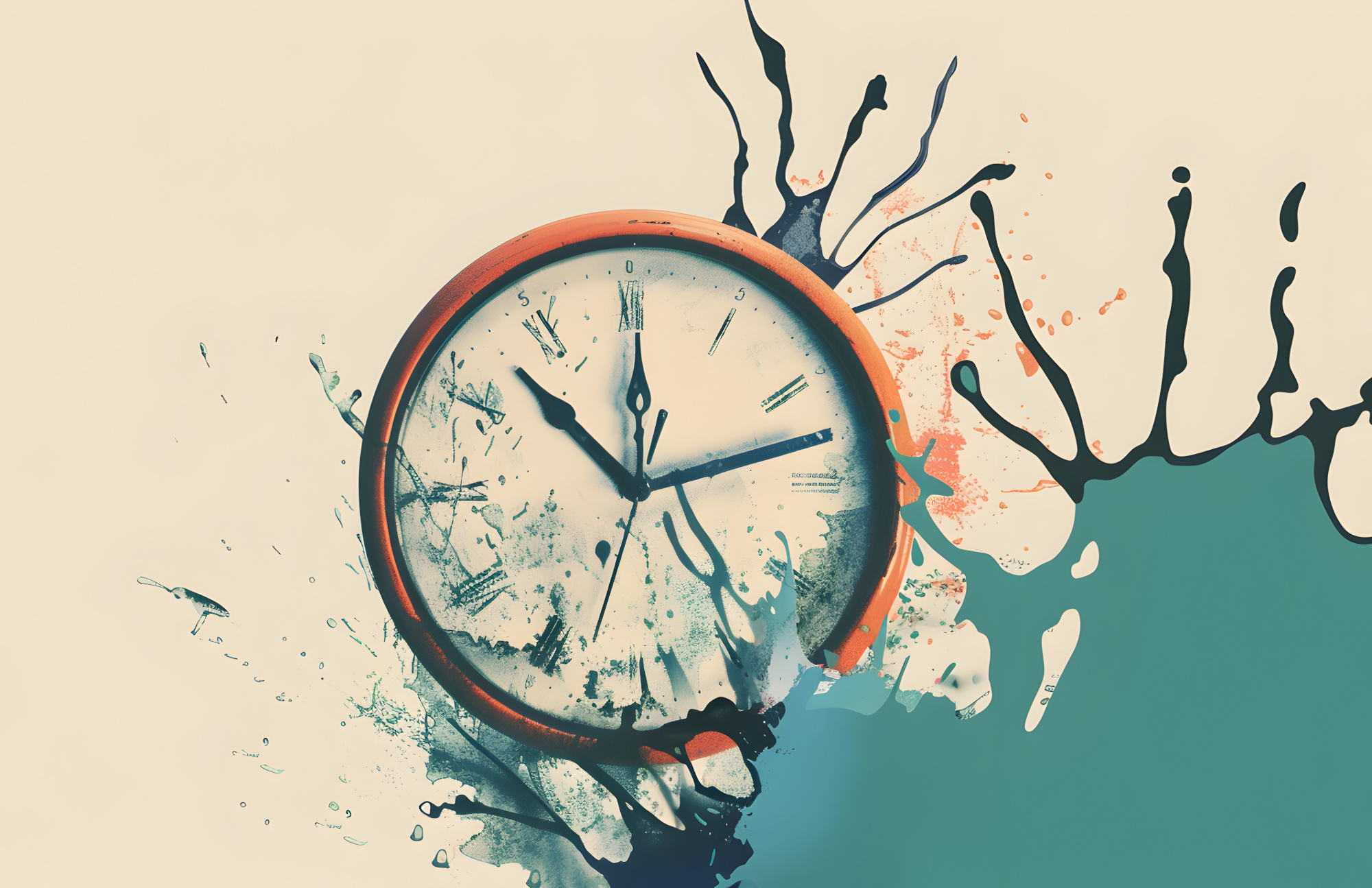Mental health is a crucial aspect of overall well-being, yet it is often overlooked or stigmatized in our society. Seeking therapy or other forms of mental health treatment can be intimidating, but it is an important step towards healing and improving quality of life. In this article, we will explore the various forms of therapy available, the benefits of therapy, and how to find the right therapist for you.
What is Therapy?
Therapy, also known as psychotherapy or counseling, is a form of treatment that aims to help individuals better understand and cope with their thoughts, feelings, and behaviors. It can be used to treat a wide range of mental health conditions, including depression, anxiety, trauma, and relationship issues.
There are many different approaches to therapy, each with their own unique techniques and focus. Some common forms of therapy include:
Cognitive-behavioral therapy (CBT): This type of therapy focuses on helping individuals identify and change negative thoughts and behaviors that may be contributing to their mental health issues.
Dialectical behavior therapy (DBT): This therapy combines cognitive-behavioral techniques with mindfulness and acceptance-based approaches. It is often used to treat individuals with borderline personality disorder and other conditions that involve intense emotions and impulsive behaviors.
Psychoanalytic therapy: This form of therapy involves exploring unconscious thoughts and feelings that may be influencing a person’s behavior. It is based on the theories of Sigmund Freud and often involves talking about one’s early childhood experiences.
Family therapy: This type of therapy involves treating individuals within the context of their family system. It can be used to address issues related to communication, boundaries, and family dynamics.
Group therapy: This form of therapy involves a group of individuals with similar issues coming together to support and help each other. It can be a powerful way to build a sense of community and learn from others’ experiences.
Why Therapy Matters
There are many reasons why therapy can be an invaluable tool for improving mental health. Here are a few key benefits of therapy:
- Therapy can provide a safe and supportive space to explore and process difficult emotions and experiences. It can be a place to share your thoughts and feelings without fear of judgment or rejection.
- Therapy can help individuals develop new coping skills and strategies for managing their mental health. This can include learning relaxation techniques, developing healthier communication skills, and building resilience in the face of stress.
- Therapy can improve relationships and communication with others. It can help individuals learn to better express their needs and boundaries, as well as understand and empathize with others’ perspectives.
- Therapy can lead to long-term improvements in mental health and overall well-being. By working through and resolving underlying issues, individuals can experience lasting change and greater happiness and fulfillment in their lives.
Finding the Right Therapist
It is important to find a therapist who is a good fit for you and your needs. Here are a few things to consider when searching for a therapist:
Look for a therapist who is licensed and has the appropriate credentials and experience in the areas you are seeking treatment for.
Consider the type of therapy that is most appropriate for your needs. Different therapies may be more or less effective for different issues, so it is important to do some research and find a therapist who practices the type of therapy that aligns with your goals.
Consider the therapist’s approach and style. It is important to find a therapist who makes you feel comfortable and safe, and whose approach resonates with you.
Don’t be afraid to shop around. It is perfectly normal to
Therapy in Rehab & Recovery
Therapy can be a crucial component of recovery from substance abuse or addiction. Substance abuse can often be a way of coping with underlying mental health issues or trauma, and addressing these underlying issues can be essential to achieving long-term recovery. Therapy can also help individuals in recovery learn new coping skills and strategies for managing triggers and avoiding relapse.
There are several different types of therapy that may be useful in recovery from substance abuse, including:
Cognitive-behavioral therapy (CBT): This type of therapy can help individuals identify and change negative thought patterns and behaviors that may contribute to substance abuse. It can also teach individuals coping skills for managing cravings and triggers.
Motivational interviewing (MI): This form of therapy is designed to help individuals resolve their ambivalence about making changes in their lives, such as entering recovery. It involves helping individuals identify their own motivation for change and build a plan for achieving their goals.
Dialectical behavior therapy (DBT): This therapy combines cognitive-behavioral techniques with mindfulness and acceptance-based approaches. It can be useful for individuals in recovery who may struggle with intense emotions and impulsive behaviors, which can often be triggers for substance abuse.
These programs, such as Alcoholics Anonymous (AA) and Narcotics Anonymous (NA), are based on the principles of mutual support and accountability. They can provide a sense of community and connection with others in recovery, as well as a structure for working towards and maintaining sobriety.
In addition to therapy, there are many other components of recovery from substance abuse, including building a strong support system, developing healthy coping skills and strategies, and finding meaningful and fulfilling activities. Recovery is a journey and it is important to remember that it is possible to achieve lasting change and a fulfilling life in sobriety.
Ohana Recovery
At Ohana Recovery, we believe that recovery and therapy are essential components of living a healthy and fulfilling life. If you or someone you love is struggling with substance abuse or addiction, we encourage you to take the brave and important step of seeking help.
Recovery is not easy, but it is worth it. With the support of a qualified therapist and a strong recovery community, you can learn the skills and strategies needed to manage your addiction and build a healthy, sober life.
Don’t let fear or stigma hold you back from seeking the help you need. Remember, you are not alone and there is hope for a better future. At Ohana Recovery, we are here to support you on your journey towards recovery and healing. Take the first step and reach out to us today. Together, we can work towards a brighter and more fulfilling tomorrow.







